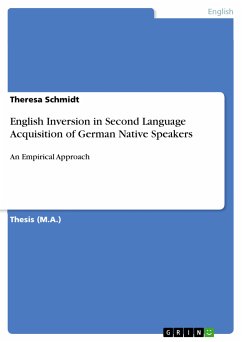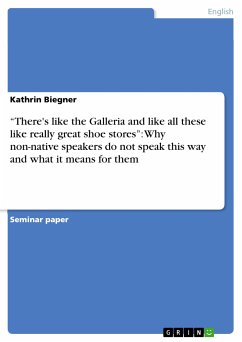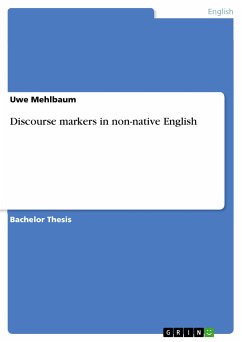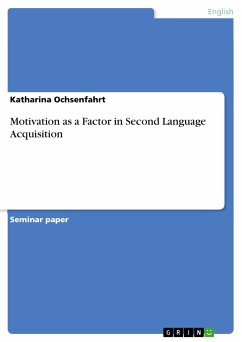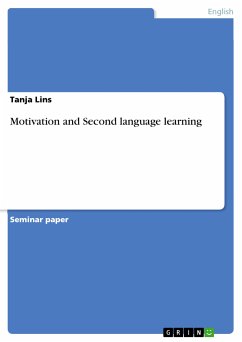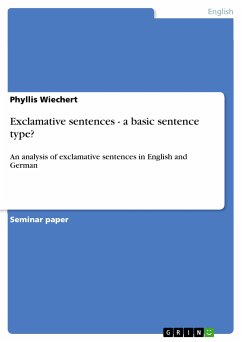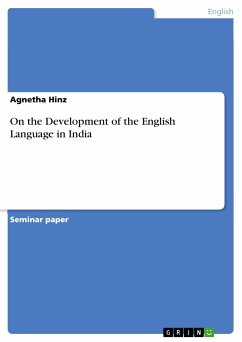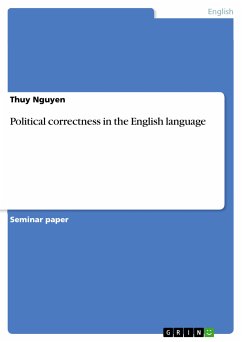Thesis (M.A.) from the year 2007 in the subject English Language and Literature Studies - Linguistics, grade: 3,0, http://www.uni-jena.de/, language: English, abstract: On the basis of questionnaire data, this study seeks to find a tendency for native language influence in the judgement of German-speaking learners of English. Seeing that the concept of language transfer has received diverse weight in the history of second language acquisition (SLA), the present account illuminates the issue anew, with a specific linguistic concern. Inversion structures, though not canonical, are very frequent in the German language, whereas the English language offers comparatively rare environments which trigger or allow for inversions. As previous studies found, language transfer, in regard to word order, emerged when the native language exhibited flexible word order, and the language to be learnt, in contrast, had a rather fixed one. This gave rise to the assumption that German natives would generally accept subject-verb inversion in declarative sentences in English, even if for a native speaker of English the structure would not be acceptable. Thus, the second language learners are expected to score high on the acceptability rate for the majority of instances of inversion in English, since the German equivalents of the test items are basically quite acceptable in German.
Bitte wählen Sie Ihr Anliegen aus.
Rechnungen
Retourenschein anfordern
Bestellstatus
Storno

